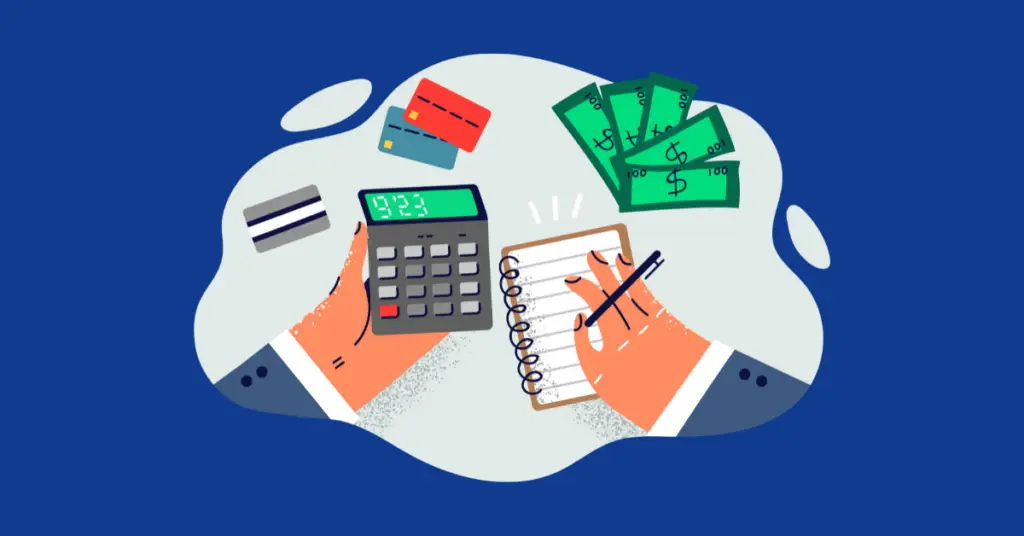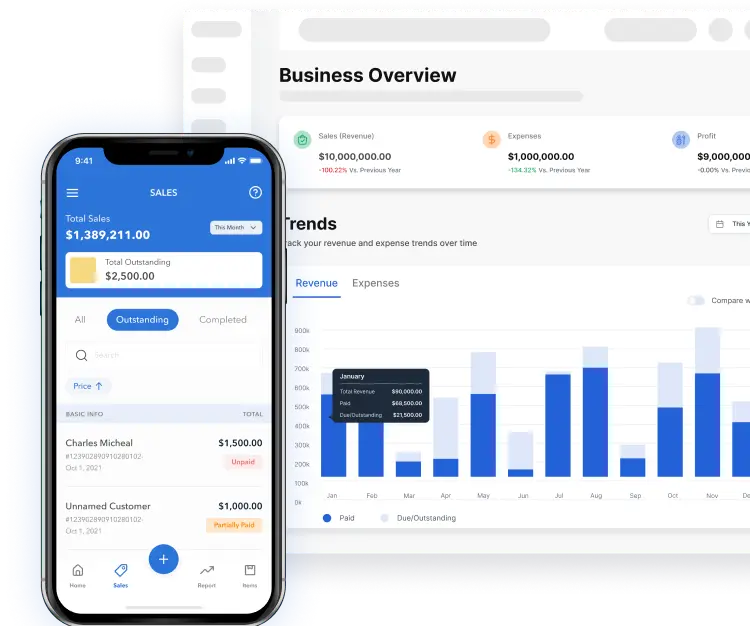In the world of client services, billing can often be more complex than just invoicing for time spent. Billable expense income is a key component in many business transactions, particularly for service-based industries such as consulting, freelancing, legal services, and agencies. Billable expenses are costs incurred on behalf of a client during a project or service. These costs are then billed to the client as part of the total invoice, with the business being reimbursed for those expenses. In this blog, we will dive into what billable expense income entails, how to manage it, common sources, and why tracking it is essential for both profitability and transparency. We’ll be discussing:
- What Does Income from Billable Expenses Mean?
- Managing Billable Expenses for Client Services
- Sources of Billable Expense Income
- Why and How to Track your Billable Expense Income
What Does Income from Billable Expenses Mean?

Billable expense income refers to the amount a business charges its clients for expenses incurred while providing a service. These expenses can be anything from travel costs, materials, third-party services, to any other costs that are directly related to the completion of a project. It is important to note that these expenses are incurred for the client’s benefit, and the client is responsible for reimbursing the business for these costs.
Essentially, the business serves as a middleman when it comes to these types of expenses. The business pays for a product or service and then transfers that cost to the client by listing it on the invoice. The income from billable expenses ensures that the business is not financially burdened by costs that were meant to be borne by the client.
Characteristics of Billable Expense Income:
- Client-Related Costs: Billable expenses are only those that directly relate to the service provided to the client.
- Reimbursable: These costs are added to the client’s invoice and are to be reimbursed by the client.
- Non-Profit Generating: These expenses are typically billed at cost, meaning the business doesn’t make a profit on these specific charges. However, some businesses might include an administrative fee.
- Not Part of Regular Income: Billable expense income is distinct from regular income earned from providing services or products. It’s recorded separately to maintain clear financial records.
Managing Billable Expenses for Client Services
Managing billable expenses effectively is crucial for maintaining profitability, avoiding miscommunication with clients, and ensuring accurate bookkeeping. Here are key ways to manage billable expenses:
- Record Expenses Immediately
To avoid confusion, record billable expenses as soon as they are incurred. This helps ensure you won’t forget to include them on client invoices. Many businesses use accounting software that tracks these expenses and links them to specific clients or projects. - Use a Consistent Billing Process
Establishing a clear process for tracking billable expense income and recording and invoicing billable expenses is important. First, ensure your team knows which expenses are billable and which are not. Additionally, using software to log these expenses in real-time can improve efficiency. - Provide Detailed Invoices
Clients should always receive a detailed breakdown of all billable expenses. It should include descriptions of the expenses, dates, and the exact cost. Transparency is key to maintaining trust with clients, and detailed invoices help avoid disputes or confusion. - Monitor Expenses vs. Revenue
Regularly review the expenses incurred on behalf of clients and ensure they are being invoiced and reimbursed promptly. Failing to track these effectively can eat into your profits if you forget to bill for them. - Set Up Clear Client Agreements
Before beginning any project, ensure the client understands what types of expenses will be billed back to them. This can include travel, equipment rental, materials, etc. Having these discussions upfront helps prevent future disagreements.
Sources of Billable Expense Income

Various types of expenses can fall under billable expense income depending on the nature of the business. Below are some common sources:
- Travel Expenses
For businesses that require travel to a client’s location, such as consultants or repair services, travel costs like airfare, lodging, and meals can be considered billable. Mileage reimbursement for driving to the client’s site also falls into this category. - Third-Party Services
If a business needs to hire a third-party vendor to complete a task for the client, the cost of those services is billed back to the client. For example, a marketing agency may hire a graphic designer to create a logo for a client. The cost of the designer’s services would be passed to the client. - Materials and Supplies
Any materials purchased to complete a client’s project can be considered billable expenses. For instance, an interior designer purchasing furniture or decor for a client would charge the client for these items. - Software or Subscriptions
Certain services may, in fact, require the use of specific software or platforms that directly benefit the client. For example, these can include specialized design software, cloud services, or even project management tools. Moreover, the cost of these subscriptions can typically be passed on to the client. - Shipping Costs
For businesses dealing with physical products or equipment, shipping costs can be charged to the client as a billable expense. This is common in industries like manufacturing or construction, where materials need to be transported. - Administrative Fees
Some businesses charge clients for administrative tasks associated with their projects, such as document preparation, permits, or filing fees. These can also be passed on as billable expenses.
Why and How to Track Your Billable Expense Income
Tracking billable expenses accurately is vital for several reasons:
- Financial Clarity
Keeping a clear record of your billable expenses ensures that you know exactly where your money is going. It also allows you to see how much of your revenue is tied up in reimbursable expenses versus direct service income. - Improved Client Relationships
Transparency in billing builds trust with clients. When clients can see exactly what they are being charged for, they are less likely to question invoices or delay payments. Accurate and detailed expense tracking also helps avoid disputes. - Avoid Overpaying for Client Projects
Without a proper system in place, businesses risk incurring costs for client-related expenses and forgetting to invoice them. This results in out-of-pocket costs that should have been covered by the client. - Easier Tax Preparation
Keeping track of your billable expenses helps when it’s time to file taxes. Having a well-organized record means that you can easily identify deductible expenses and avoid errors when calculating taxable income. - Cash Flow Management
Timely invoicing for billable expenses is crucial for maintaining healthy cash flow. When expenses pile up without being billed, it can result in a temporary cash shortage. Regularly tracking and billing these expenses ensures that you have sufficient cash to cover ongoing operations.
How to Track Billable Expenses

- Use Accounting Software
Many accounting tools, such as QuickBooks or FreshBooks, allow you to link expenses to specific clients or projects. These tools can automate the tracking and invoicing process, saving time and reducing the chances of errors. - Create a Billable Expense Policy
Establish guidelines for which expenses can be billed to clients and ensure all team members understand these policies. This prevents non-reimbursable expenses from being mistakenly billed to clients. - Categorize Your Expenses
Organizing your expenses into categories (travel, materials, third-party services, etc.) makes it easier to review and track them. It also provides better financial insights into the costs associated with each project. - Review Expenses Regularly
Set up a routine for reviewing billable expenses on a weekly or monthly basis. This ensures that no expenses are overlooked and that clients are billed promptly.
Conclusion
Billable expense income is a critical element in managing the financial aspects of client service businesses. Properly managing and tracking billable expenses not only ensures that your business remains profitable but also maintains transparency with your clients. By understanding the sources of billable expenses, setting clear policies, and using effective tracking systems, you can streamline your billing process and improve your overall financial health. Whether you’re just starting or looking to improve your current processes, focusing on billable expense management will help you avoid common pitfalls and set your business up for long-term success.
Manage your Inventory and Accounting processes with Vencru today!
Related Content






